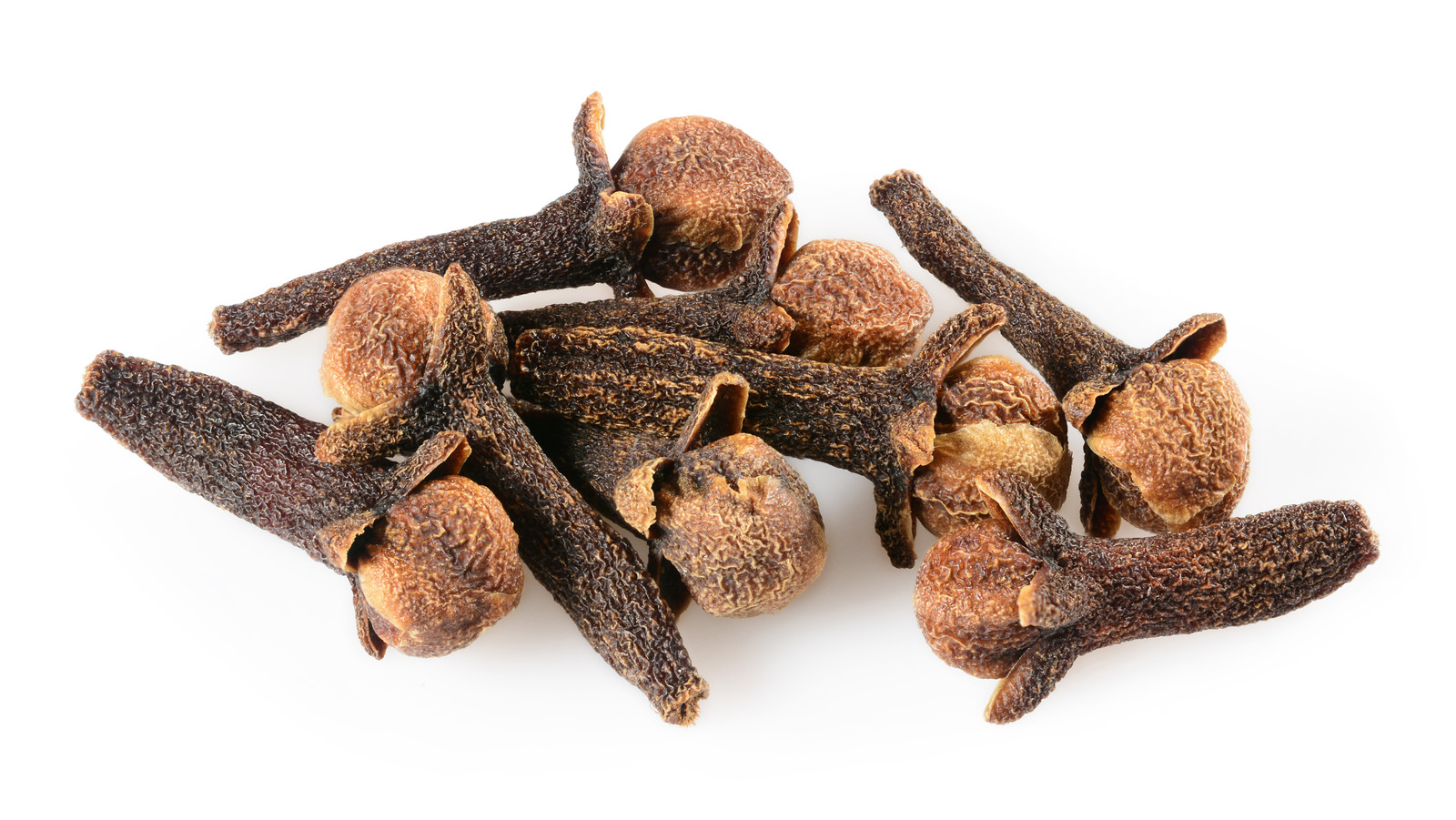
It comes as a surprise to many that clove is actually a flower bud, these buds have to be picked at just the right time.
Before flowering the buds will turn a deep red and this is the ideal time to harvest your clove.
Clove buds come from an evergreen bush with vibrant pink flowers and purple berries.
The clove plant does best in warm and humid regions.
The earliest written record of the use of clove as a medicinal herb is by the Han Dynasty in China around 300 B.C.
Like cinnamon clove was a prized spice and once rivaled the value of oil.
Now let's take a look and see what some of the key medicinal properties of clove is and how we can use this herb.
Key Medicinal Uses
- Analgesic
- Stimulant
- Antiseptic
- Anti-emetic
- Antoxidant
- Antimicrobial
How to Use
For toothaches a clove or drop of clove oil on a cotton ball can be placed on the aching tooth.
This method should be used sparingly however and do not place the oil on the gum.
For nerve pain a diluted oil up to 3% max can be applied to the skin to treat problems such as shingles.
In small doses clove powder can be useful for treating things such as nausea, indigestion, and bloating.
Caution
Never ingest the essential oil without carefully diluting it first, and in some cases external use can lead to dermatitis.
Clove should be used sparingly and just be sure to monitor how your body reacts to it.
